Open Worlds That Transform Players Through Rewarding Progression
Explore how open-world games like Red Dead Redemption 2 and Assassin's Creed Odyssey use immersive progression systems to create compelling personal sagas of growth and empowerment.
The true magic of open-world games lies not just in sprawling landscapes, but in how they make players feel their growth with every conquered challenge. Like a caterpillar's metamorphosis inside a chrysalis, these virtual realms allow gradual transformation from vulnerable novice to formidable master. The satisfaction comes through deliberate mechanics - leveling up skills that once seemed impossible, discovering gear that shifts combat dynamics, or unlocking abilities that redefine exploration. This curated journey through ten legendary titles showcases how progression systems become invisible storytellers, crafting personal sagas of empowerment across diverse universes.
🔟 Red Dead Redemption 2: The Weight of Living History
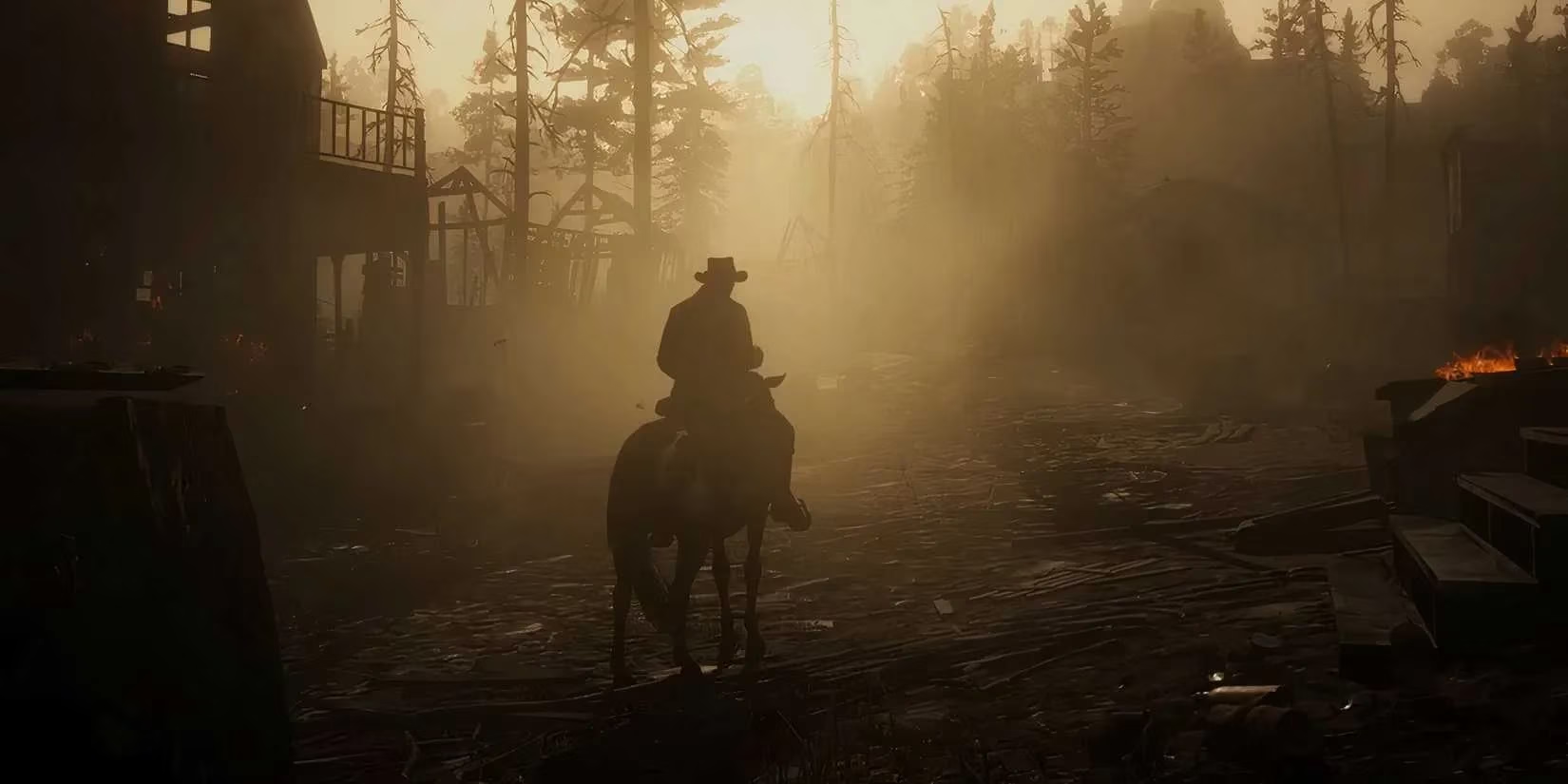
Arthur Morgan's evolution mirrors the dying gasps of the Wild West itself - a slow-burn character arc where moral choices accumulate like sediment layers in a canyon. Unlike traditional RPGs, progression manifests through narrative consequences rather than skill trees. Helping strangers or robbing coaches subtly shifts Arthur's reputation, altering dialogue options and story outcomes. Exploration feels like uncovering buried chapters in a history book, where stumbling upon a ghost town or peculiar hermit reveals more about the world than any quest log.
People Also Ask: Can honor systems truly replace traditional progression mechanics? For many, the emotional payoff of Arthur's personal journey outweighs conventional leveling.
9️⃣ Assassin's Creed Odyssey: Sculpting Your Greek Epic
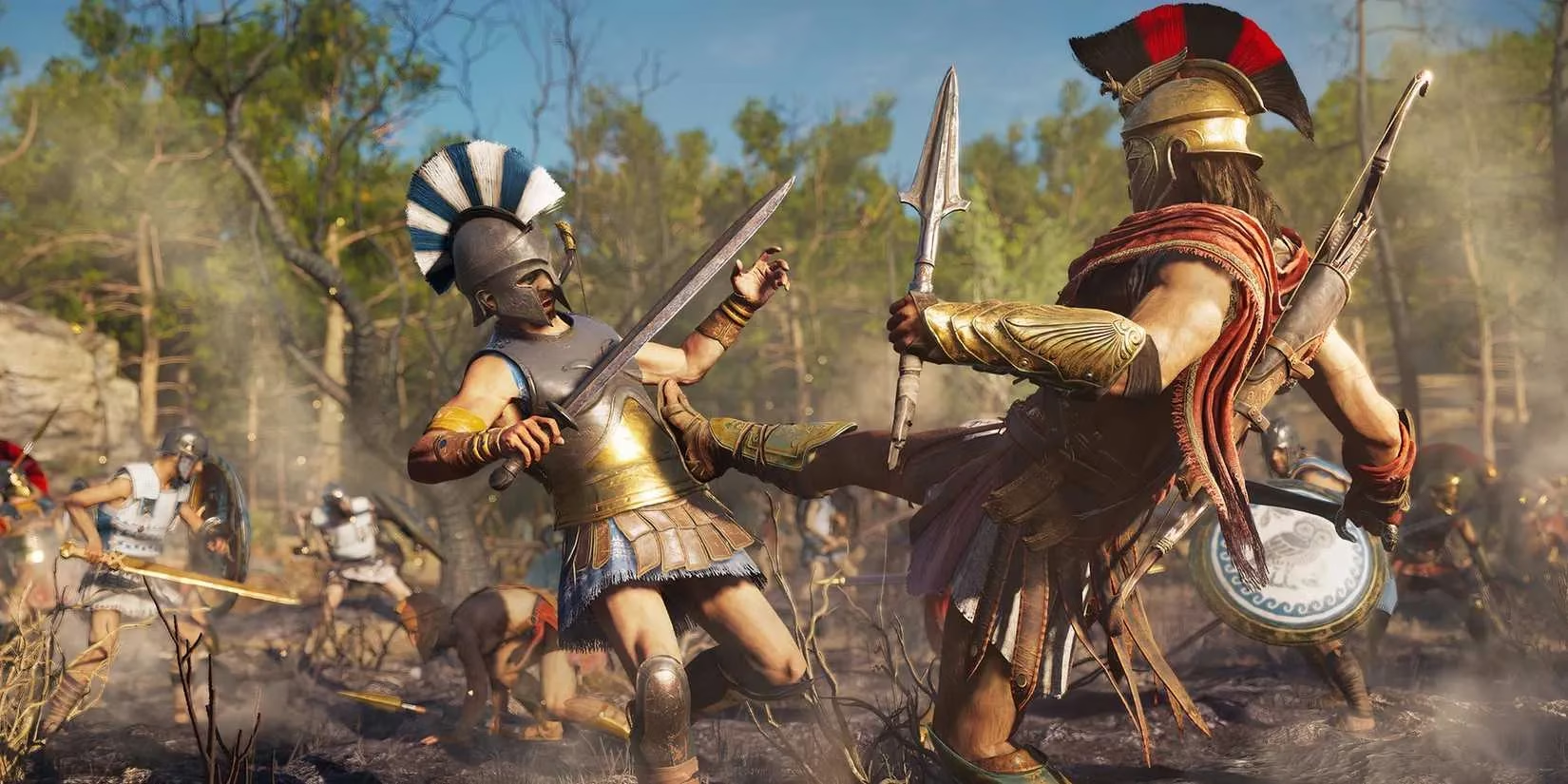
Starting as a shipwrecked outcast, your mercenary's ascent to legendary status parallels the scaling of Mount Olympus itself - each ability point earned is another foothold toward divine prowess. The RPG overhaul introduced deep weapon customization and three distinct skill trees (Hunter, Warrior, Assassin), allowing hybrid builds like a warrior who can vanish in smoke. Naval progression delivers particularly visceral rewards; upgrading the Adrestia from floating driftwood to a battering ram of oars and fire arrows feels like commanding a living beast.
8️⃣ Far Cry 3: Tattooed Transformation
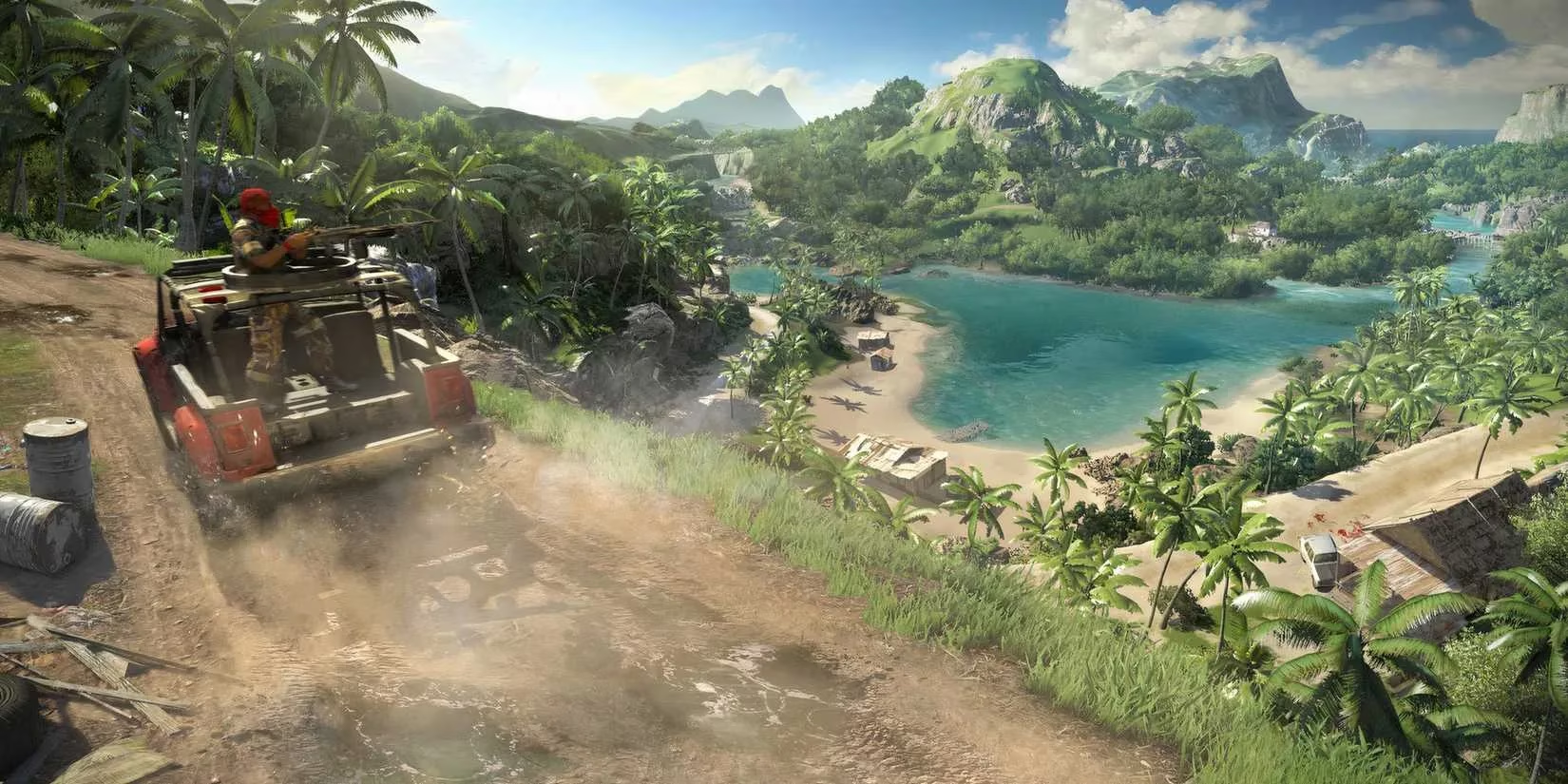
Jason Brody's metamorphosis from terrified tourist to tattooed predator remains gaming's most literal power fantasy. The skill tree manifests as ink spreading across his arm - each unlocked ability physically etched onto the character model. Early struggles against komodo dragons give way to orchestrating predator attacks against outposts, where progression turns wildlife from threats into weapons. Like a chef perfecting a signature dish through repetition, mastering the outpost liberation formula never loses its flavorful satisfaction.
People Also Ask: Do modern Far Cry games capture this progression magic? Many argue the formula peaked here.
7️⃣ Horizon Forbidden West: Aloy's Mechanical Mastery
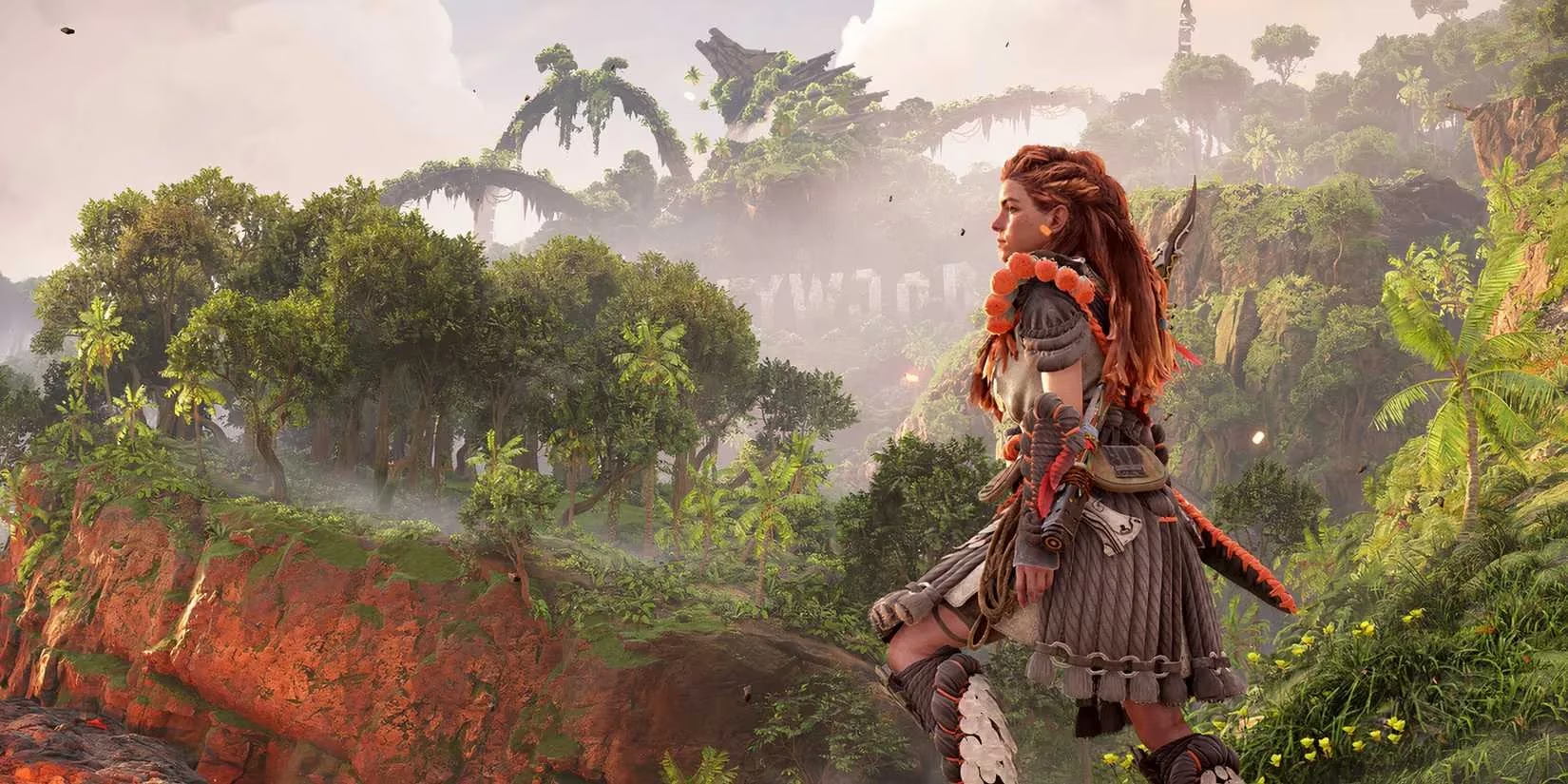
Aloy's journey upgrades her from scrappy survivor to techno-shaman with increasingly elaborate weaponry. The skill wheel improvement over Zero Dawn allows specializing in six combat styles - turning her into either a ghost who rewrites machine loyalties or a walking artillery platform. Finding legendary gear requires solving environmental puzzles that feel like cracking ancient safes, each new bow or shredder gauntlet dramatically shifting combat rhythms. Traversal tools transform exploration too; the Shieldwing turns vertigo-inducing drops into graceful descents.
6️⃣ Kingdom Come: Deliverance: Medieval Muscle Memory
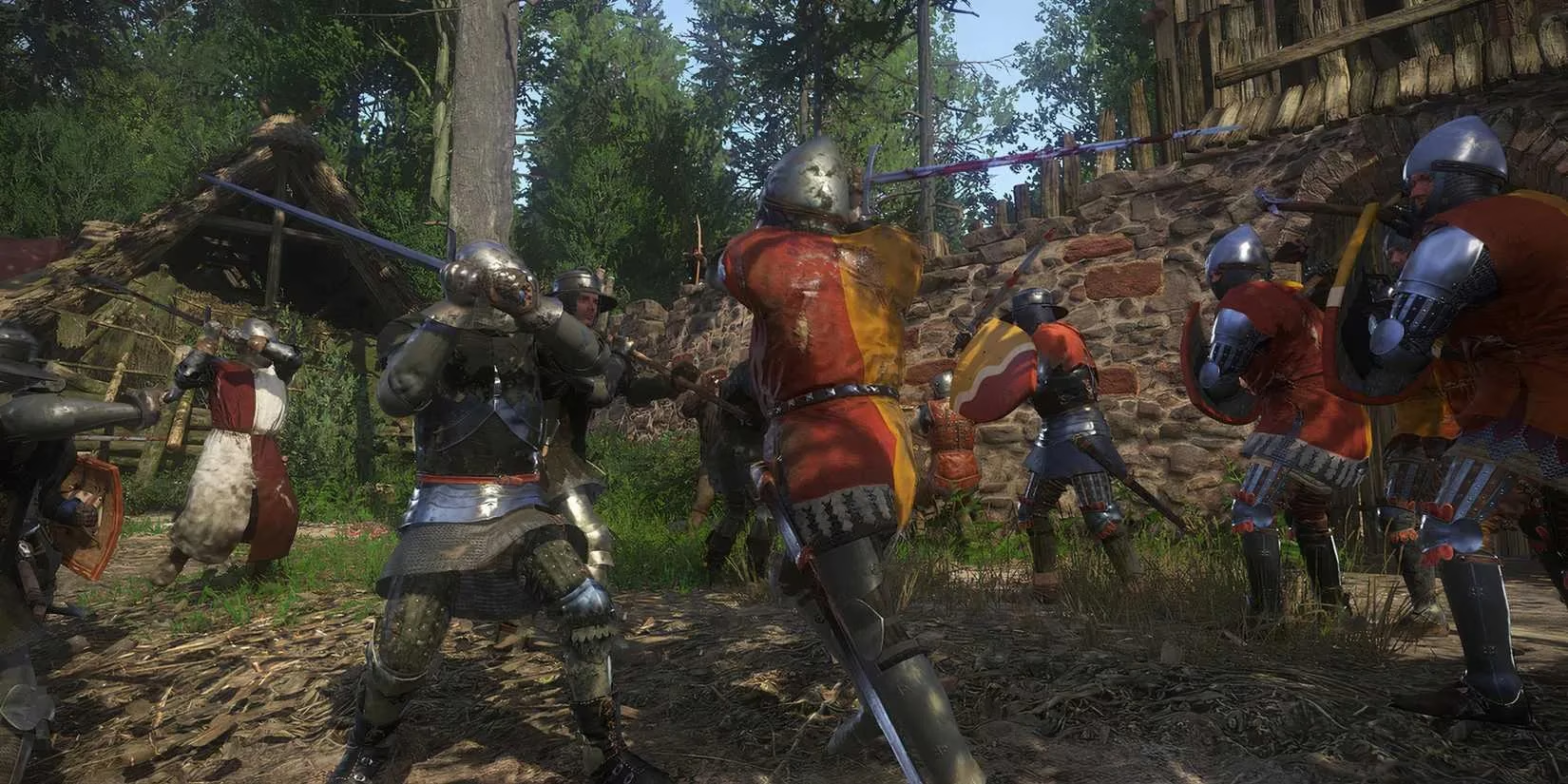
Henry's clumsy beginnings make progression feel earned through genuine practice. Early sword fights resemble toddlers swinging pool noodles, but persistent training with Captain Bernard builds genuine muscle memory. Reading skill books literally teaches Henry literacy, while lockpicking requires players to physically fumble with tumblers until muscle coordination develops. Like learning a real instrument, mastering archery involves accounting for arrow drop and breathing patterns - making that first perfect headshot feel like a concert pianist nailing a concerto.
5️⃣ The Legend of Zelda: Breath of the Wild: Freedom's Curriculum
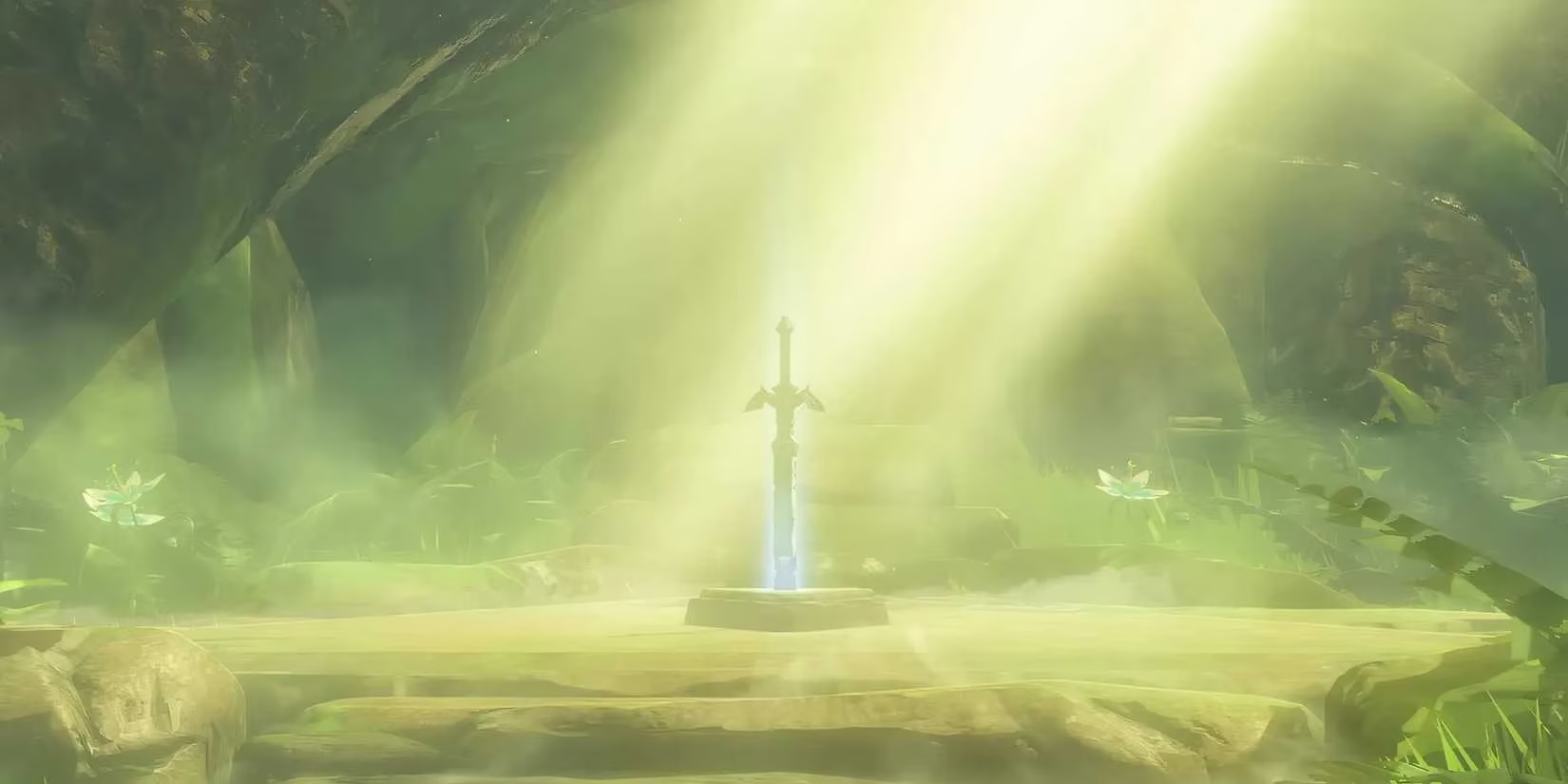
Link's amnesiac rebirth turns Hyrule into the ultimate experiential classroom. Progression hides in environmental literacy: recognizing rock patterns indicating ore deposits, reading wind direction for fire arrows, or identifying safe climbing routes during thunderstorms. Weapon durability forces constant adaptation - becoming a master means treating gear like autumn leaves, appreciating them before they crumble. The Sheikah Slate abilities unlock spatial reasoning puzzles where rotating magnetic objects feels like conducting an orchestra of physics.
4️⃣ Fallout 4: Scrapheap Sovereignty
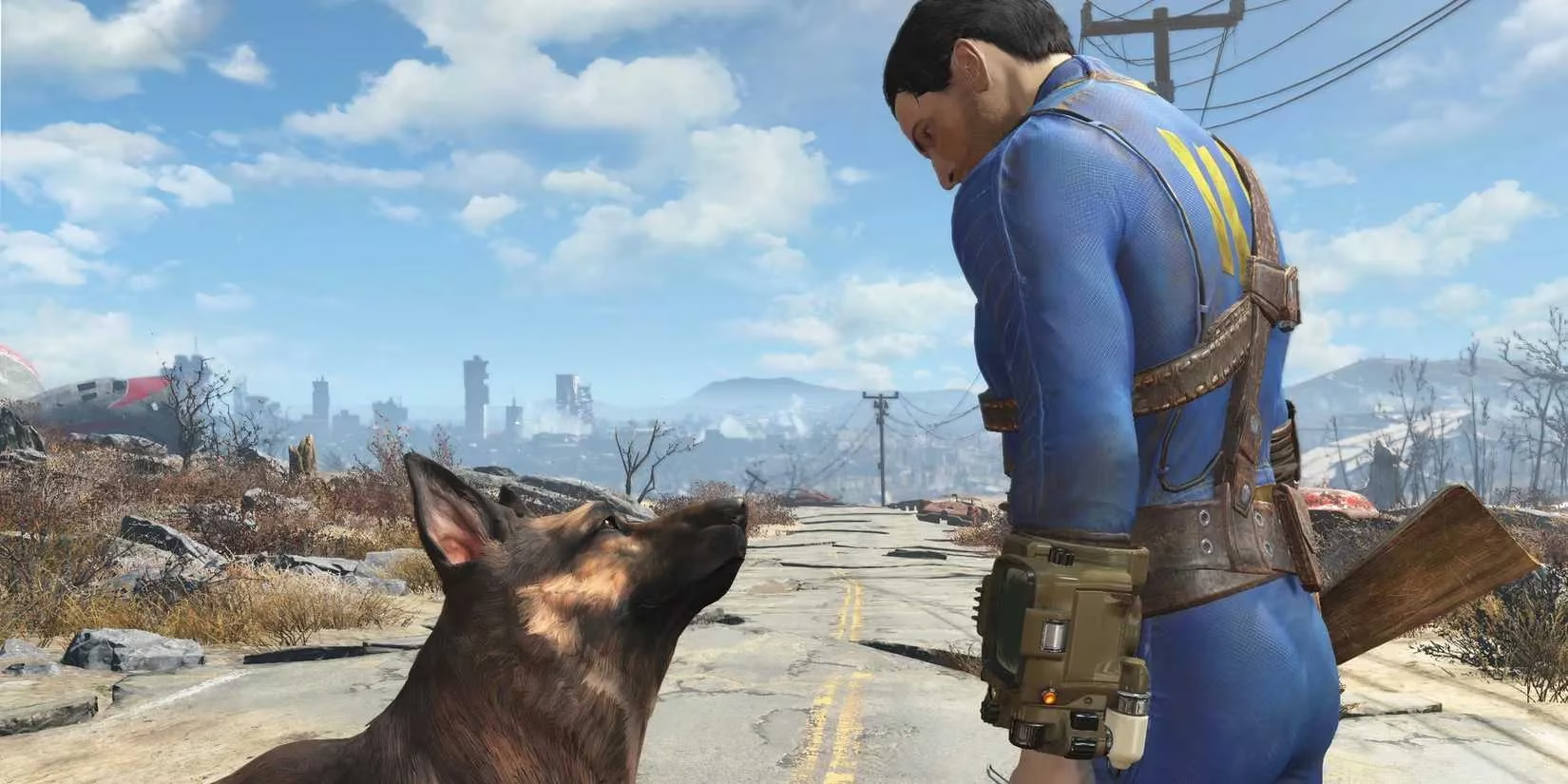
Emerging into the Commonwealth's radioactive dawn, progression manifests through reclaimed spaces. Settlement building transforms junk into functional communities - watching Sanctuary Hills evolve from weed-choked ruins to fortified towns with electricity and defenses delivers unique satisfaction. The S.P.E.C.I.A.L. system allows crafting specialized builds like a charismatic leader pacifying enemies with speeches, or a power armor technician jury-rigging fusion cores. Each new settlement feels like cultivating a radioactive garden from irradiated soil.
3️⃣ Subnautica: Pressure-Forged Evolution
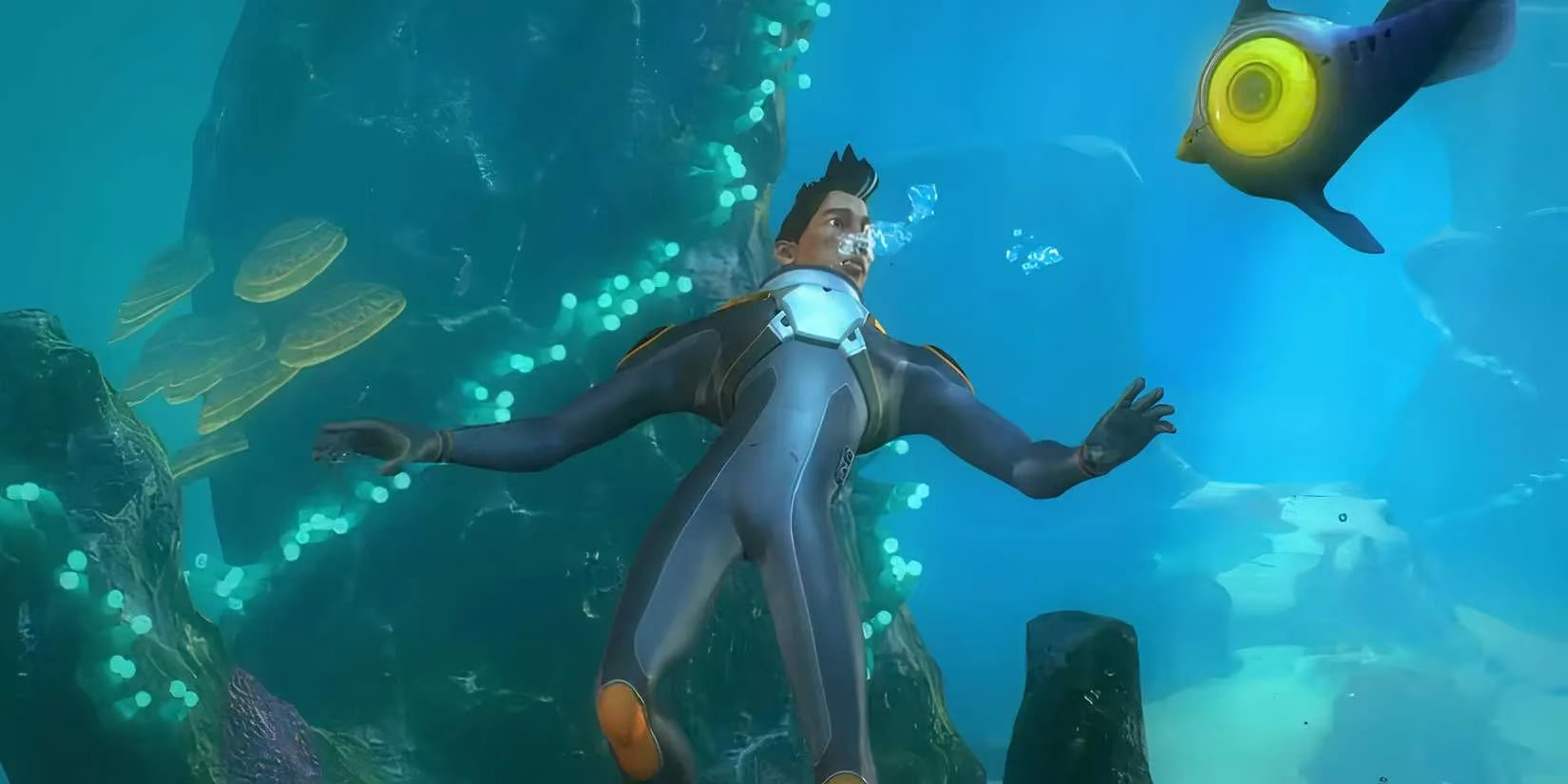
Survival hinges on technological adaptations that feel like evolutionary leaps. Crafting the first Seamoth submersible changes everything - like a tadpole growing limbs to leave its pond. Depth becomes both enemy and progression metric; descending requires reinforced hulls and oxygen systems, each upgrade allowing access to stranger biomes. The Cyclops submarine transforms the player into a mobile base commander, its creaking metal hull singing under crushing pressures. Resource gathering evolves from frantic surface scrapes to organized mining expeditions with prawn suits.
People Also Ask: Does fear enhance progression satisfaction? Subnautica proves terror makes breakthroughs sweeter.
2️⃣ Skyrim: The Dragonborn's Tapestry
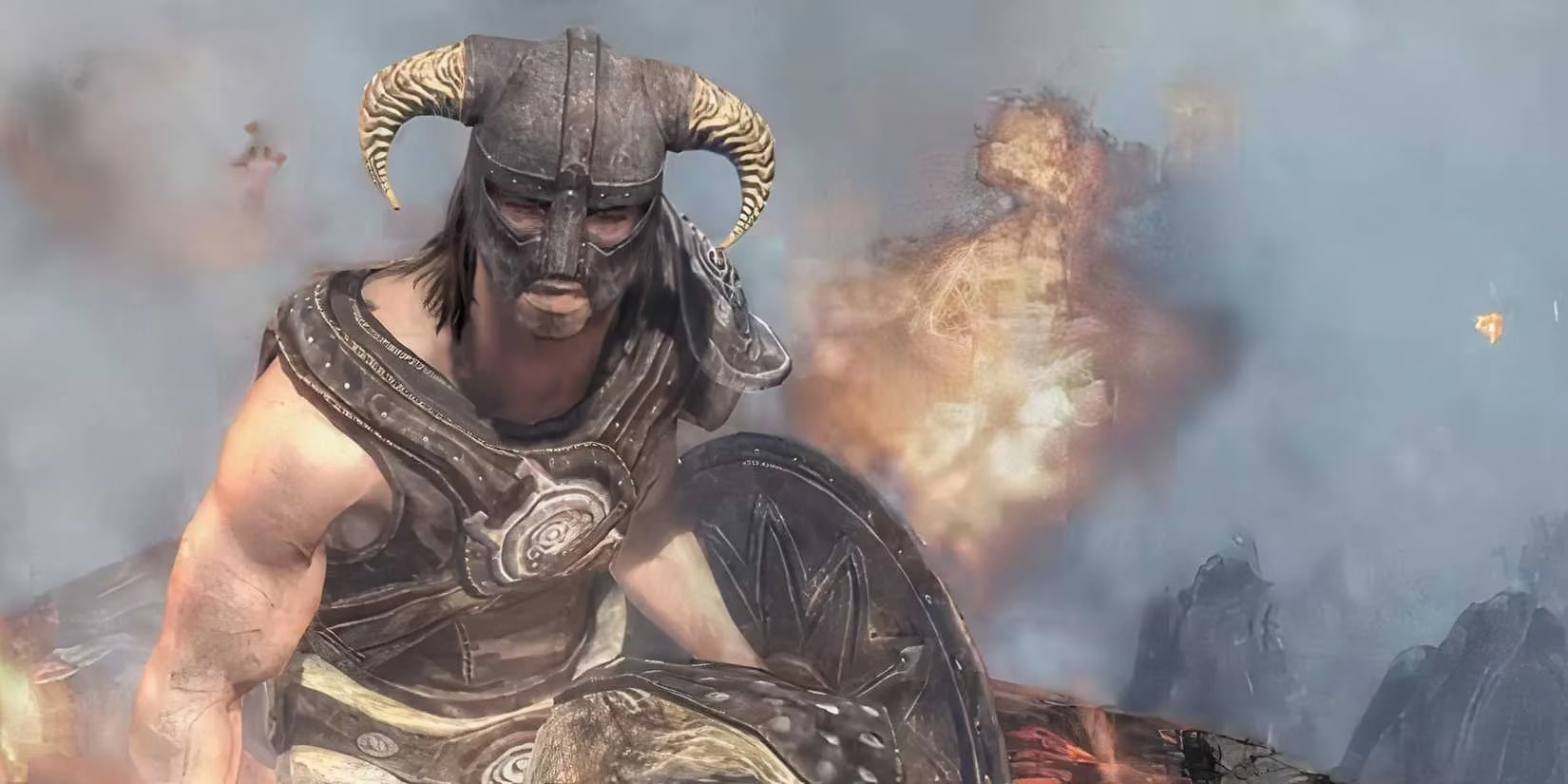
Becoming the Dragonborn feels less like climbing a ladder than weaving an intricate tapestry of skills. Passive leveling encourages organic playstyles - casting spells during blizzards raises Destruction, while stumbling through mountains improves Sneak. Guild questlines provide specialized advancement; joining the Thieves Guild deepens stealth mechanics, while the College of Winterhold unlocks layered magical systems. Shouts evolve from novelty to game-changers - Fus Ro Dah's progression from whisper to hurricane-force blast exemplifies Skyrim's scale of empowerment.
1️⃣ Elden Ring: The Tarnished's Ascent
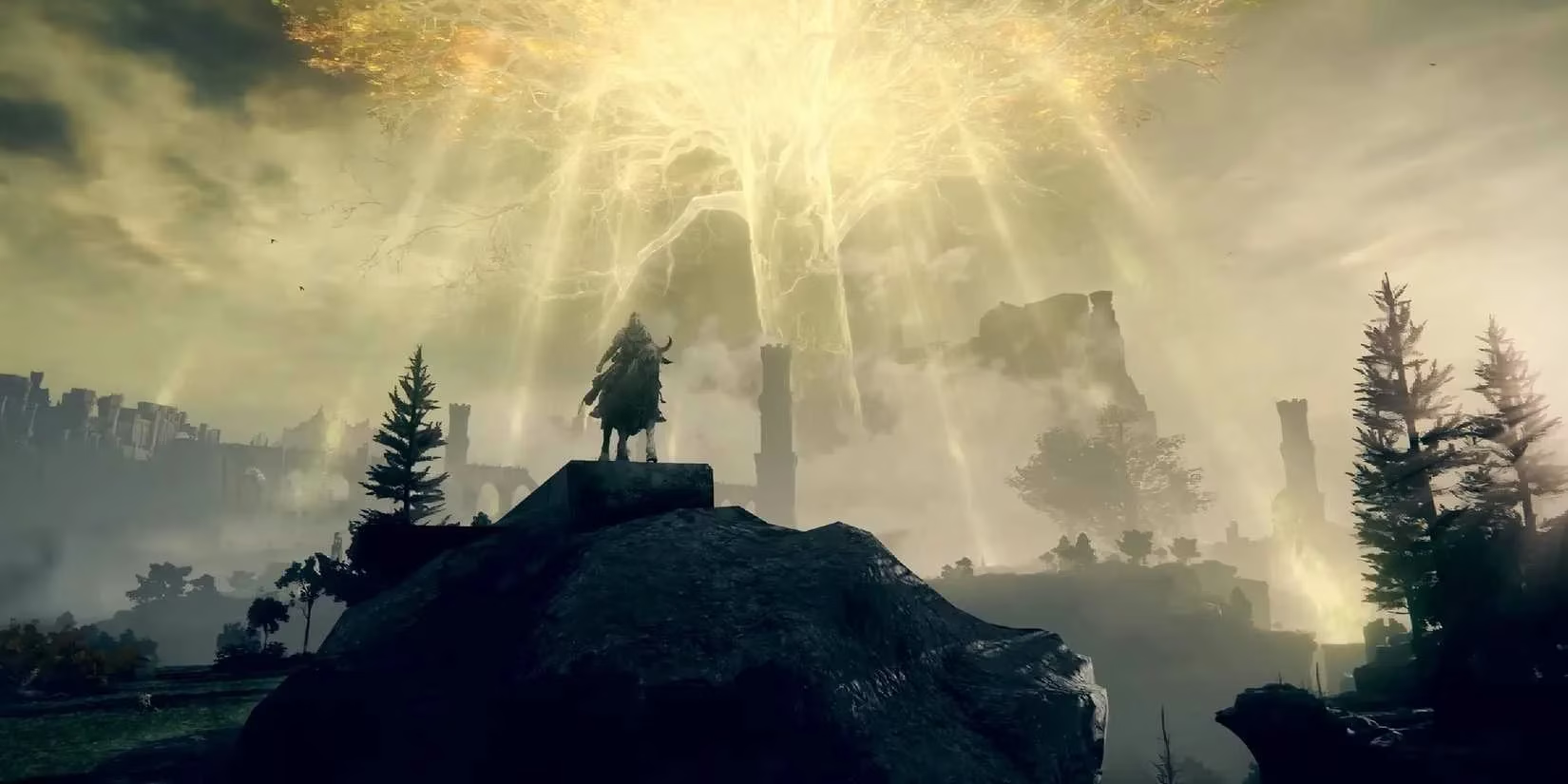
The journey from discarded nobody to Elden Lord represents gaming's purest power curve. Early struggles against basic soldiers teach fundamentals that later enable dancing through demigod combos. Like a blacksmith folding steel, each defeat tempers player skill until they can bend the game's rules. Spirit Ash summons provide customizable difficulty dials, while weapon arts allow personalizing combat styles - turning a basic katana into a conjurer of bloodflame. The freedom to abandon roadblocks and return stronger transforms frustration into strategic empowerment.
These worlds prove progression isn't just numbers rising - it's the silent narrative of players outgrowing their former limitations. Whether becoming fluent in Horizon's machine language or internalizing Elden Ring's brutal poetry of combat, the real reward lives in the transformed person holding the controller when credits roll.